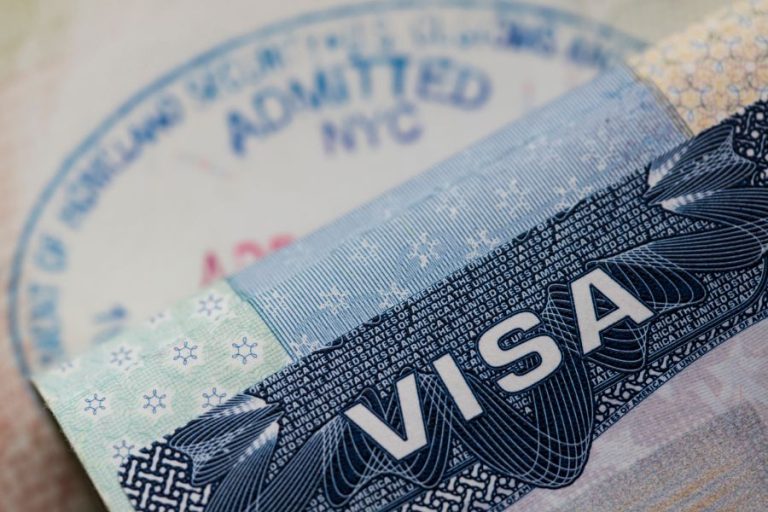Marriage, Divorce, and Immigration: Legal Insights for Families in Transition
Maneuvering through the legal intricacies of marriage, divorce, and immigration isn’t a walk in the park. If a family is in flux, you’re faced with complex laws that impact relationships, immigration status, and even your children’s future. Complying with these laws isn’t just a matter of ticking boxes—it’s about ensuring your family’s security. But where do we start, and how do we protect ourselves in the process? Let’s unpack.
Understanding the Legal Aspects of Marriage
How do we navigate the myriad legal complexities of international marriage? The answer lies in understanding the concept of marriage validity and international recognition. When we marry abroad, it’s not just about saying ‘I do’. We must guarantee that our union is legally recognized both in the marriage country and our own. This involves satisfying both countries’ marriage laws, which can be quite a puzzle. We’re talking about age requirements, consents, and even pre-marital medical exams in some cases.
Once we’ve ticked these boxes, we’re halfway there. The next step is assuring that our marriage is internationally recognized. This usually involves obtaining a certified marriage certificate and, in some instances, having it legalized or apostilled. It’s an intimidating task, but understanding these processes can save us a lot of headaches in the future.
The Intersection of Marriage and Immigration Law
Steering through the intersection of marriage and immigration law can be a challenge. It’s a complex journey where family law meets immigration policies. When it comes to marriage validity, it’s not just about love and commitment. Immigration authorities scrutinize the legitimacy of a marriage, sometimes with different standards than family courts. This can result in complications, especially if there’s a discrepancy between what’s recognized in family law and immigration law.
International custody cases add another layer of complexity. These cases often involve multiple jurisdictions and differing laws, making them challenging to navigate. That’s why it’s essential to have experienced legal representation. Make sure you’re equipped to handle these overlapping legal issues, ensuring the best possible outcome for you and your family. Remember, you’re not alone.
How Immigration Status Can Impact Marriage
Understanding marriage and immigration law isn’t the end of the journey. It’s essential to know how one’s immigration status can impact marriage. Visa implications can greatly affect your marriage. For instance, if you’re a non-resident marrying a US citizen, you may be eligible for a marriage-based visa. However, there are strict residency requirements to meet. You must prove you’re living together and have a genuine relationship. Or at least that’s the requirements most of the time.
It’s not just about obtaining the visa; it’s about maintaining it. If you fail to comply with the residency requirements, your status could be revoked. This could lead to legal complications and stress on the relationship. So, if you’re planning to walk down the aisle, take stock of your immigration status and understand how it can impact your future. Always seek professional advice to navigate these complex laws.
How Divorce Can Affect Immigration Status
While we’ve examined the impact of immigration status on marriage, it’s equally essential to understand the implications of divorce on one’s immigration status. When a marriage ends, there are significant implications for immigration status. It’s not a straightforward situation; everything depends on the specific circumstances.
If you’re in the midst of the immigration process based on your marriage to a U.S. citizen or permanent resident, a divorce can derail your plans. You may lose the right to apply for a green card or even face deportation, unless you meet other requirements, such as those who might have been subject to abuse, or extreme cruelty by their spouse. For those already holding a green card, they’re generally safe. But if you were planning to apply for citizenship through marriage, divorce could extend the waiting time.
For those fearing immigration consequences due to divorce, it’s vital to seek legal advice. Maneuvering the complexities of divorce and immigration can be overwhelming if you aren’t prepared. Reach out to our immigration attorneys for guidance.
Impact of Divorce on Children’s Immigration Status
How does a divorce impact a child’s immigration status?
- First, the immigration consequences hinge on the child’s current status. If the child has derived their status from a parent, a divorce might jeopardize it.
- Second, the parent’s custody impacts the child’s status. In cases where a non-citizen parent gets custody, the child’s status might be at risk.
- Finally, the child’s age plays a role. Under specific regulations, children above 21 may not be eligible to derive status from their parents.
Custody considerations are essential in these scenarios, as they determine the child’s living arrangements and, in turn, their immigration status. Don’t worry, we’re here to guide you through.
Legal Rights and Protections for Immigrants in Marriage and Divorce
In marriage, immigrants are protected under U.S. law, regardless of their status. These marital protections guarantee fair treatment and safeguard against exploitation. If you’re facing divorce, know that it doesn’t automatically lead to deportation. However, it can complicate matters if your status is linked to your spouse.
It’s essential to understand your rights and protections to navigate any legal challenge. That’s why having an experienced legal advocate is invaluable. We can help you avoid procedural mistakes and represent your interests throughout the process.
Planning Ahead: Legal Considerations for Families in Transition
Understanding your rights and protections as an immigrant in marriage and divorce is just the starting point. It’s essential to think ahead and consider the impact of immigration status on your family’s future.
- Legal Documentation: Keep your legal documents updated and organized. This includes passports, visas, marriage certificates, and divorce decrees. Any discrepancy or delay can jeopardize your immigration status.
- Legal Consultation: Work with an immigration attorney early in the process. They can guide you through complexities and help you plan strategically.
- Emergency Planning: Prepare for unexpected situations. Have a contingency plan in case of sudden policy changes or legal issues.
Your family’s future hinges on careful planning and informed decision-making. Confirm that your plans align with both your family goals and the legal realities of immigration. This way, you can guarantee a smoother shift through the various stages of your family’s journey.







